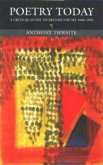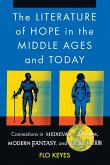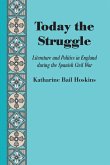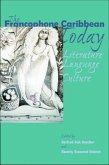Since the 1950s, the cognitive revolution has been transforming work in psychology, linguistics, and anthropology. Literary scholars, however, have only recently begun to grapple with the significance of cognitive understandings of language, mind, and behavior for literary and cultural studies. This unique issue of Poetics Today brings the concerns of literary history and cultural studies for the first time into a sustained and productive dialogue with cognitive methods, findings, and paradigms. The introduction situates the collection in relation to previous work, defines the issues, highlights the stakes. Articles by Mark Turner and Paul Hernadi propose a bold extension of notions of literary history to include not only preliterature oral forms but the entire history of the species, viewing literary activity as a crucial human adaptation. Ellen Spolsky's essay provides an unprecedented statement of common ground shared by cognitive-evolutionary approaches and poststructuralist theory. The final three essays examine works by Aphra Behn, A. L. Barbauld, and Jane Austen in terms of their contemporary cultural and political contexts as well as in light of paradigms drawn from cognitive neuroscience and evolutionary theory. A commentary by Tony Jackson surveys the entire issue from the viewpoint of an informed outsider.
Hinweis: Dieser Artikel kann nur an eine deutsche Lieferadresse ausgeliefert werden.
Hinweis: Dieser Artikel kann nur an eine deutsche Lieferadresse ausgeliefert werden.








